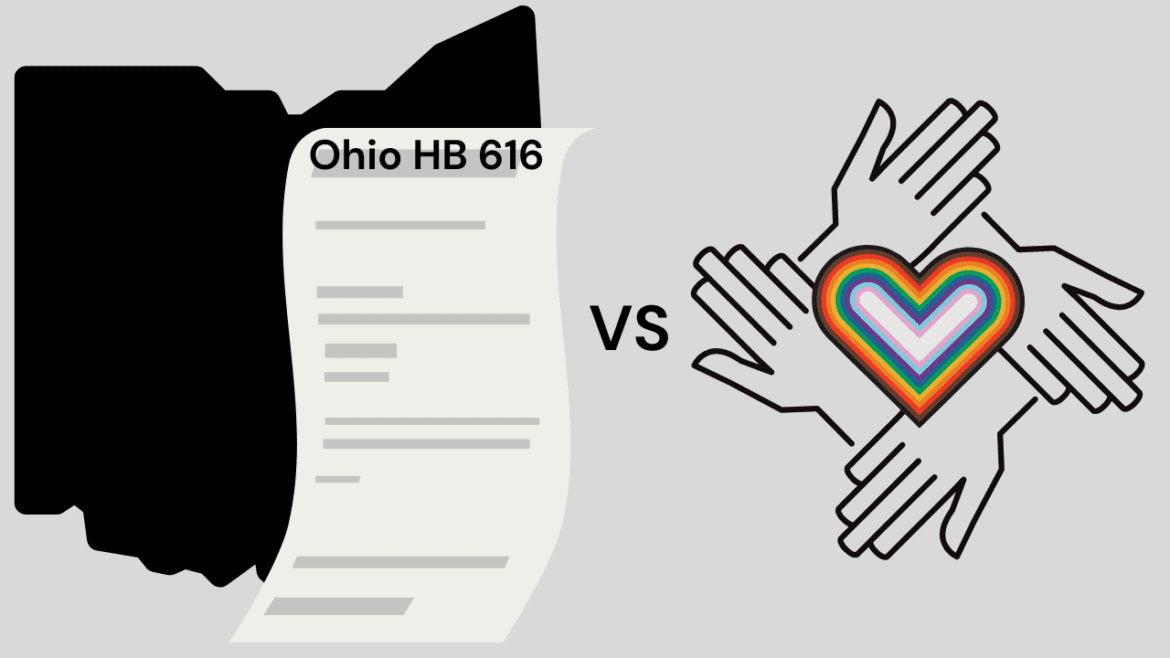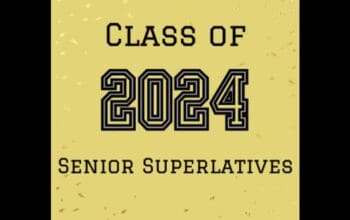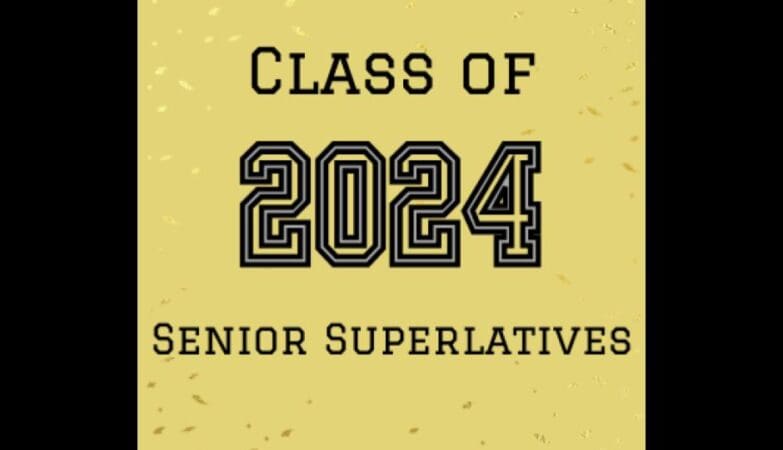Ari Collins
eSomethin staff
The proposed Ohio House Bill 616 (HB 616), introduced by Republican representatives Jean Schmidt and Mike Loychik, is a broad piece of legislation that will censor minority voices and erase essential topics from conversations.
If passed, it would prohibit school districts in Ohio from using textbooks and materials that mention controversial concepts that the legislators deem “divisive,” as well as those that include “diversity, equity, and inclusion learning outcomes.”
The bill was proposed in the spring of 2022 and has since received a first hearing. Its purpose, as stated by its proponent, Loychik, is to “protect parental rights and protect children from indoctrination.”
While the intent behind the bill is to protect students, the subjects under attack are crucial to students’ full education and personal development.
“Divisive concepts“
The bill strictly prohibits the discussion of five specific topics: critical race theory (CRT), intersectional theory, The 1619 Project, inherited racial guilt, “diversity, equity, and inclusion learning outcomes” and any other topic deemed “inherently racist” by the state board of education.
While these topics have already been deemed divisive by other proposed curriculum bills in Ohio, there is a section of this bill that addresses newer, unique concerns. Ohio legislators are attacking the LGBTQ+ community as the bill specifically limits educational discussions about gender identity or sexual orientation.
Although some may find HB 616 comparable to Florida’s infamous “Don’t say gay” bill enacted in 2022, HB 616 is actually more distressing. Florida HB 1557 text says that schools are not permitted to teach students in grades kindergarten through third about sexual orientation or gender identity in ways that are deemed “not age-appropriate or developmentally appropriate.”
Yet, Ohio’s HB 616 prevents the discussion of gender identity and sexuality in grades kindergarten through third entirely, and limits these discussions in middle and high schools based on age and developmental appropriateness.
Both of these bills are problematic due to the simple fact that all people develop and mature differently, discovering gender identity and sexual orientation on their own, at different points. Furthermore, one in five high school students identifies with the LGBTQ+ community. With the bill in place, one in five students would feel out of place and misrepresented in their education.
Preventing students from learning about themselves and their surroundings is both unrealistic and closed minded. The bills do not consider the experiences students may have that involve discrimination. If students are not taught about systems of oppression now, how will they handle these experiences with them in the future?
Adult’s discomfort should not be considered when determining students’ curriculum
Loychik says that the bill is necessary now “to ensure that our children are receiving fair, unbiased, and age appropriate education.”
However, limiting discussion of certain groups and events from history lessons in Ohio is not making the curriculum unbiased: it makes the curriculum incomplete and ineffective.
To teach American history without teaching Black American history, is not teaching history. To teach American history without teaching LGBTQ+ American history, is not teaching history. To teach the history of any country without mentioning the experiences of marginalized groups is essentially reading a story without an end, without a lesson.
Loychik may say that this bill is about creating an unbiased curriculum and protecting students from indoctrination, but erasure is not equitable, and it is not a solution for discomfort.
Instead of protecting students from indoctrination and parents from discomfort, the world should be focusing on protecting students from being taught to believe that they are not “appropriate” enough to be fairly represented in school settings.
Check out other stories on eSomethin.com!
- Photo gallery: PHS art club hosts annual art show on May 9
- The Artsy Apparel is a new local business founded by a PHS grad
- Muslim student association hosts a second multicultural food day this school year featuring all heritage clubs
- Splash! PHS seniors play assassin game to finish the year with a bang
- eSomethin’s Ari Collins wins Munger Award





